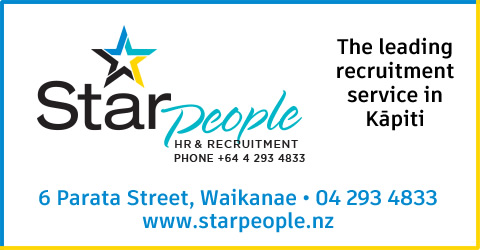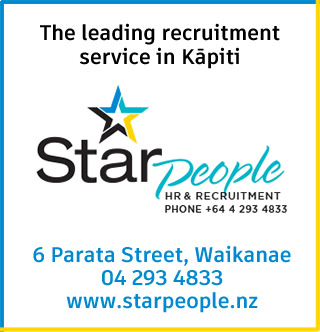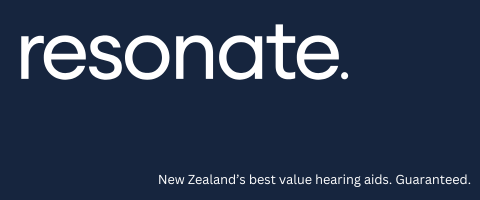There is a direct link between how confident people feel about their financial situation and how much they spend. This was evident in the property boom that occurred prior to the Global Financial Crisis.
When property prices were rising, home owners felt wealthier and had the ability to borrow more. Funds borrowed were spent on more property, (investments, home improvements or bigger homes) or non-essential goods and services. Debt levels increased sharply. When property prices fell, confidence levels dropped and banks became nervous about lending. Low interest rates have been the saving grace for those burdened with debt.
Since the Global Financial Crisis, low economic growth has led to increased unemployment which in turn has increased the level of caution. Lower confidence usually means less spending, lower retail sales, less money circulating through the economy and continuing low economic growth. A recent survey by Dun and Bradstreet foreshadows low levels of retail spending this Christmas, with more than two thirds of those surveyed saying they plan to spend less money on non-essentials than they did last Christmas. The survey also shows that one in four people would be unable to survive for longer than a month on their savings if they lost their job tomorrow and only four percent could last for seven to twelve months. Those who either experienced or observed the Christchurch earthquakes have learned the importance of having financial reserves to draw on in times of crisis.
The higher your financial reserves, the more resilient you will be to changes in the economy and unexpected events. Instead of lurching from spending spree to cutback, keep your spending on an even keel. When times are good, build your reserves instead of increasing your spending. That way, your confidence will increase and you will be less affected by economic downturns.
Liz Koh is an Authorised Financial Adviser. The advice given here is general and does not constitute specific advice to any person. A disclosure statement can be obtained free of charge by calling 0800 273 847. For free eBooks, go to www.moneymax.co.nz and www.moneymaxcoach.com








































